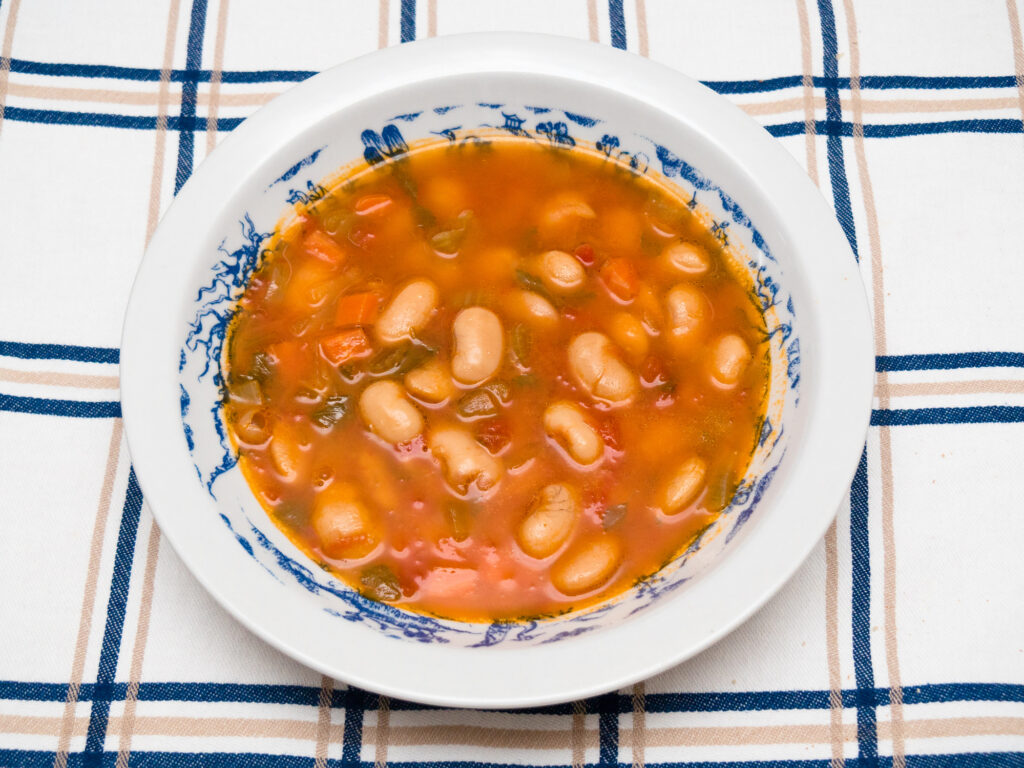Kaseri cheese, a popular dairy product known for its distinctive flavor and versatility, has long been associated with Mediterranean cuisine. The question of whether Kaseri cheese is truly Greek is one that has intrigued many food enthusiasts. In this article, we will delve into the origins of Kaseri cheese, explore its possible roots, discuss similar cheeses in the region, and examine what its etymology suggests about its cultural heritage.

1. What is Kaseri Cheese?
Kaseri cheese is a semi-hard, yellow cheese with a smooth texture and a rich, slightly salty taste. It is traditionally made from sheep’s or goat’s milk, or a combination of both. The cheese is often aged for several months, developing a sharper flavor as it matures. Due to its melting properties, Kaseri cheese is commonly used in cooking and can be found in a variety of dishes such as saganaki (fried cheese), pies, and sandwiches.
2. Possible Origins of Kaseri Cheese
The origin of Kaseri cheese is a matter of debate. While it is widely consumed and associated with Greek cuisine, it is not exclusive to Greece. Some food historians believe that the cheese has roots in the broader Mediterranean region, including countries such as Turkey and Bulgaria. The historical movement of peoples and trade routes in the area has likely contributed to the spread and adaptation of cheese-making techniques.
3. Similar Cheeses in the Region
Several cheeses in the Mediterranean region share similarities with Kaseri cheese, both in terms of production methods and flavor profiles. One such cheese is “Kaşar,” a type of cheese found in Turkey and parts of the Balkans. Kaşar cheese is also made from sheep’s or cow’s milk and is used in various dishes, similar to how Kaseri cheese is used in Greek cuisine. This parallel suggests a culinary cross-pollination in the region.
4. What Does Etymology Suggest?
The etymology of the word “Kaseri” offers clues about the cheese’s potential origin. The term “Kaseri” is believed to be derived from the Turkish word “kaşar,” which means “matured” or “ripened.” This linguistic link to Turkey raises questions about whether the cheese’s production methods and name were influenced by Turkish culinary practices. However, it’s important to note that language and culinary exchanges are complex and can occur over time due to cultural interactions and historical events.
In conclusion, the question of whether Kaseri cheese is truly Greek presents an intriguing puzzle with no definitive answer. While Kaseri cheese is often associated with Greek cuisine and is an essential part of many Greek dishes, its possible origins and linguistic ties to neighboring countries suggest a more intricate narrative. The interconnected history of the Mediterranean region highlights the fluidity of food cultures and the way they evolve over time. Whether enjoyed in Greece or beyond, Kaseri cheese remains a testament to the richness of culinary heritage in the Mediterranean.




